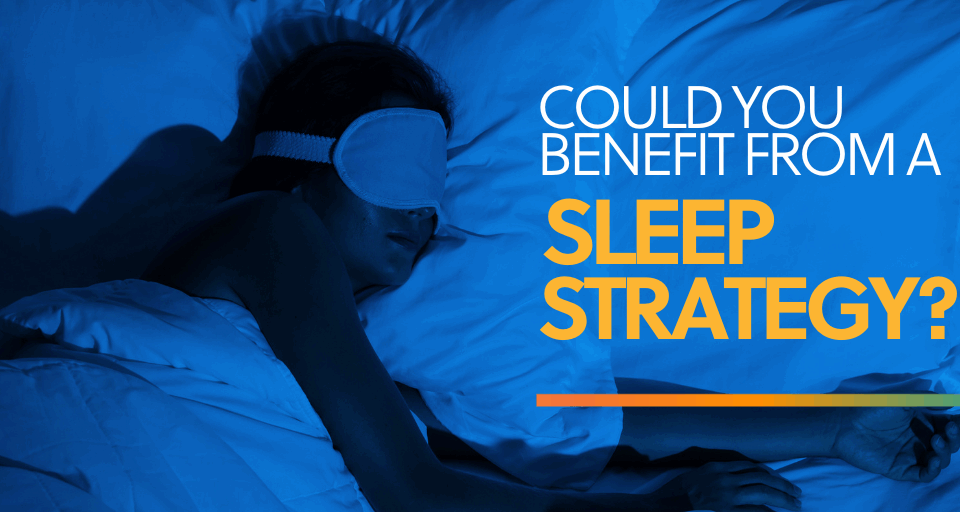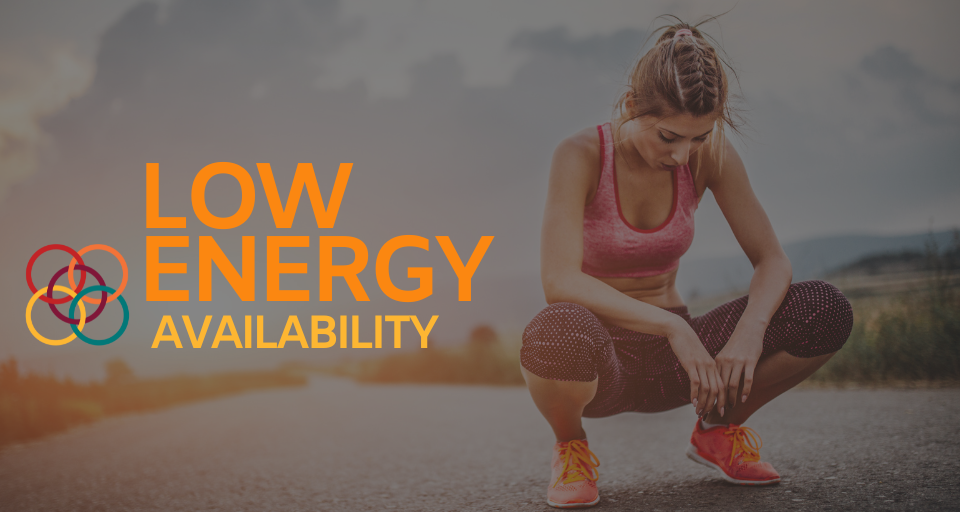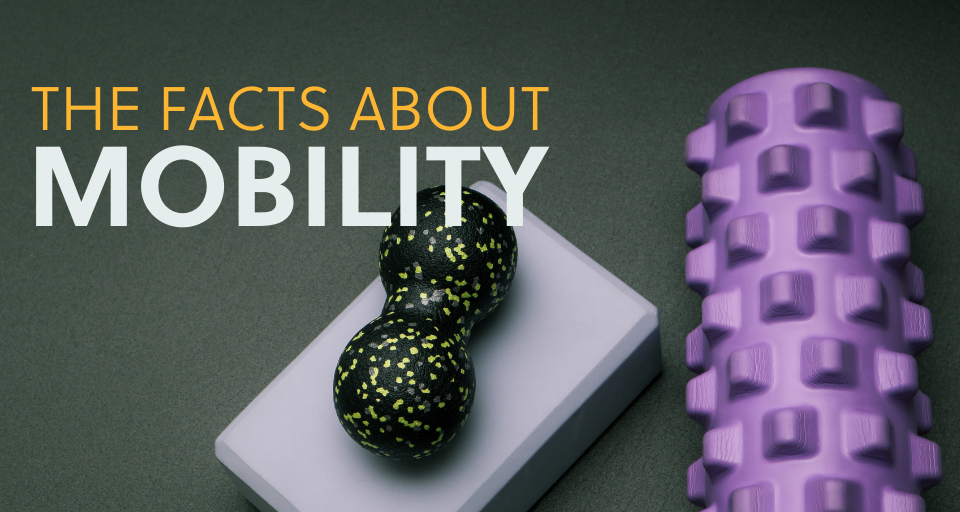
Dirty Mitten: Dirftest Weekend Gravel Bike
October 8, 2022
Gravel Worlds 2022 Race Recap
October 19, 2022Season Wrap-up: a Lesson in Proper Recovery
With the IRONMAN World Championships in the rearview mirror, our busy 2022 racing season is finally over. I was thrilled to get my groove back with the Bayshore Marathon and Ironman Michigan 70.3, in addition to several smaller races. There was nothing small about Ben’s season with four full-distance triathlons in just four months! Basically, we had all of the endurance feels, loads of unique challenges, and blaring reminders of the importance of recovery.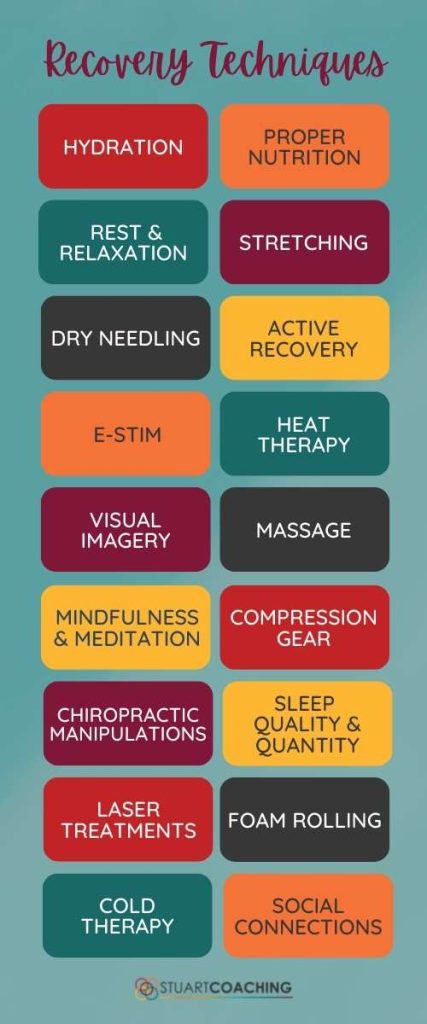
If you are still trying to wrap your head around that four-140.6-races-in-four-months thing, Ben put together a recap of his season, which you can read here.
For this blogpost, I want to focus only on recovery and share data from a study I recently reviewed.
What do you Consider Recovery?
Taking a rest day or two? Drinking more water? Swimming or Yoga instead of running. Sure, that may be part of recovery (and many athletes even struggle with that). But real recovery is so much more. It’s multidimensional and complex with physiological, psychological, emotional, and social facets.
Check out the list of recovery strategies in the graphic to the right. Any surprises?
My Recovery
Physiological recovery is built into my life. Foam rolling and stretching are a part of every session with my personal training clients, and for some clients, we just work on mobility for the entire session.
Good nutrition and quality sleep are part of the routine at our house. The kids keep us so busy that I absolutely must take a day (or two) off each week. Adjustments, ample time in my hot tub, and a massage or facial are a part of my regular schedule. My friends are always up for a social ride or hike, so I get plenty of active recovery.
On the emotional and social side of recovery, which helps athletes deal with stress and anxiety, I am equally fortunate. I have my people that I talk to openly about my endurance struggles of late: low iron, balancing training with family, coming back from pregnancy as a different (slower) athlete, and the reality about heading towards menopause.
Yay for Kari – a coach who has nailed recovery! At the risk of sounding self-absorbed (that seems to be where this post is heading), I promise that is not my point. So, don’t leave yet.
Barriers to Proper Recovery
I do understand my reality is different than others. Recovery is not as easily attainable for many athletes, including Ben.
Ben’s job is demanding. He is at the office and on his game for 9-12 hours a day. Lately, he has had to travel for work. He is also an involved family man who does not miss a game, helps with rides and willingly gives me time for weeknight things and weekend training. We have a house and a big yard that needs taken care of, and he has friends and hobbies too.
We had scheduled a recovery date night where we would do Erin Carson’s Mobility Monday session together, but then Dirt Dawgs began, or maybe it was volleyball or football… somewhere recovery date night got put on the back burner.
Proper active recovery takes time. Time is not a resource readily available for many athletes. Ben basically has a few hours before he goes to work in the morning to squeeze it all in.
Despite limited time, he has made it work and always raced well. He nails so many other recovery techniques. He eats well, hydrates, makes time for relaxation and reading, tries to get quality sleep, has strong social connections and never misses a rest day.
So, What Went Wrong?
This year was different. Ben had an incredibly tough race schedule with Ironman Des Moines (qualified here!) in June, then Challenge Roth in Germany in July, Michigan Titanium in August and finally Ironman World Championships in Hawaii in October. As the fatigue mounted, he pushed aside the little red flags his body was sending. He prioritized his big training sessions, as we’ve all learned to do. The fatigue was not just from training, it was our busy family schedule, traveling, work and just trying to do it all.
You know where this is going…
His big season ended with a tough day in Kona at what was intended to be a celebration of all his hard work.
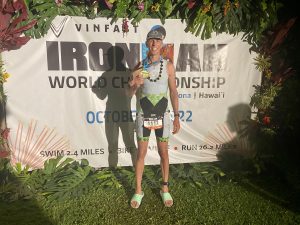
The lesson. Recovery also requires a great deal of self-regulation and self-assessment which can be just as tough for an athlete as the peak weeks.
Yes, even experienced athletes can exhibit poor self-assessment skills from time to time. I watched Lionel Sanders Kona wrap-up video and it reminded me a bit of Ben’s situation. You can catch that here.
Recovery for Endurance Athletes: A Study
Another thing about recovery is that it is unique to each athlete. Age, experience, and gender change how we recover. A recent study took a consensus of recovery strategies of a large population of endurance athletes (1). The following were the top 10 recovery techniques in order of use.
- Hydration
- Nutrition
- Sleep
- Rest
- Stretching
- Foam rolling
- Active recovery
- Self-massage
- Massage
- Socializing
The study reported that women use more recovery techniques than men. Also, individuals who reported placing top three overall in competition used significantly more recovery strategies than those who did not place.
An unusually high inverse reaction was noted with age, suggesting that the use of recovery strategies decreased as athletes got older.
Also worth noting is that while most participants believed that active recovery, nutrition and rest were useful post-race, they did not report using these strategies.
Psychological Skills for Recovery
More research is needed in the area, but the study did highlight that very few athletes consider psychological skills for recovery, such as mindfulness, relaxation and imagery. These skills are critical to counteracting stress, decreasing anxiety, increasing motivation and enhancing recovery.
Socializing with teammates, coaches, friends and family can also aid in psychological recovery. This technique was used more in competition by the top three overall finishers than other techniques. Social networks allow us to process problems, disappointment, happiness, and stress. Don’t be afraid to post that race report – let it all out!
I reluctantly posted my disappointment with IRONMAN Michigan 70.3 and the support I received from my friends truly helped me put that race in the past and move on.
Tools to Help You Recover Better
What are your go-to techniques for recovery? Have you done a self-assessment lately and can you recognize areas for improvement?
Here are links to a few products that I love that can aid in recovery.
SLEEP
Nuun Hydration Tablets – these have electroytes and help you hydrate, but also include magnesium and tart cherry which can aid in relaxation.
Magnesium Glycinate is the best form of Mg for sleep because it’s easily absorbed. It is said to elicit muscle relaxation and nervous system calm, which helps you drift off.
MYOFASCIAL RELEASE
Trigger Point Foam Roller – this foam roller is the perfect density and a must-have for any athlete.
Massage Roller Stick – we have had our “stick” forever and it travels nicely! My massage therapist uses a stick on my quads all the time. Oooph!
Percussion Massage Gun – Percussive therapy is helpful because it can get deeper than basic vibration therapy or foam rolling. Warm up on the foam roller, and then use the gun.
MINDFULNESS / MENTAL RECOVERY
Breathing Technique – Mindsight Breathing Buddha. Our breath is so intimately tied to our nervous system. Deep breathing techniques are critical to promote deep rest and recovery. You can do it on your own or there are many apps and tools like this one.
Journaling is a simple tool to help you monitor day-to-day stressors of the mind and body, and really see how your training may be affecting your mental well-being. It can also help you to prioritize the concerns you have over your goals, training or past performance.
Do You Need a Plan?
If you’d like some guidance with post-race recovery, I have created a few different 3-week plans that offer suggestions for daily physical and mental recovery strategies to get you back to form after a race.
The plans are accessed in TrainingPeaks and can be used as many times as you’d like. Select the graphic below for the plan you’d like.
Thanks for being a Stuart Coaching Blog reader! As a token of my appreciation, you can use the code RECOVERNOW for a 20% discount on the recovery plans.
(1)Braun-Trocchio R, Graybeal AJ, Kreutzer A, Warfield E, Renteria J, Harrison K, Williams A, Moss K, Shah M. Recovery Strategies in Endurance Athletes. J Funct Morphol Kinesiol. 2022 Feb 13;7(1):22. doi: 10.3390/jfmk7010022. PMID: 35225908; PMCID: PMC8883945.




